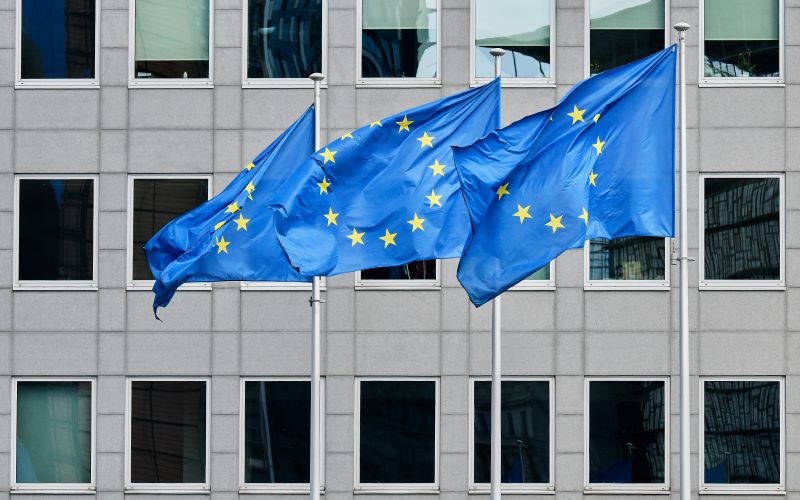The European Financial Reporting Advisory Group (EFRAG) has unveiled its new “EFRAG 2025 State of Play” portal, offering real-time insights into how companies are beginning to implement the European Sustainability Reporting Standards (ESRS) under the Corporate Sustainability Reporting Directive (CSRD).
The interactive platform presents key findings from a major market study of 656 sustainability statements issued between 1 January and 20 April 2025, providing early indicators of how companies are adapting to Europe’s evolving sustainability disclosure landscape.
The portal features:
- Statistics Dashboard – Summarises trends and performance metrics across all analysed statements
- Report Repository – Offers public access to the full collection of company reports studied
- Accompanying Report – A downloadable “State of Play 2025” publication providing highlights and deeper insights
Key Findings:
- Materiality coverage: Just 10% of companies considered all 10 topical ESRS standards as material. The most frequently disclosed standards were Climate Change (E1), Own Workforce (S1), and Business Conduct (G1).
- Stakeholder engagement: While 97% of firms consulted internal stakeholders during materiality assessments, engagement with external societal stakeholders remains rare.
- Transition planning: 55% of companies disclosed a climate transition plan, though the quality and consistency of these plans vary significantly.
- Report length and depth: Sustainability disclosures ranged widely in length—from 70 to over 200 pages, with financial institutions tending to produce the longest reports.
- Underreported topics: Issues such as biodiversity, internal carbon pricing, and human rights incidents remain sparsely disclosed, even when broader social indicators are included.
EFRAG says the findings offer a valuable snapshot of CSRD compliance in practice, revealing both progress and fragmentation as companies navigate new regulatory expectations.
The results will also inform EFRAG’s ongoing efforts to simplify ESRS reporting under the mandate received from the European Commission on 7 March 2025, part of the broader Omnibus regulatory proposals.
EFRAG thanked Boston Consulting Group (BCG) for its analytical support in preparing the study.














